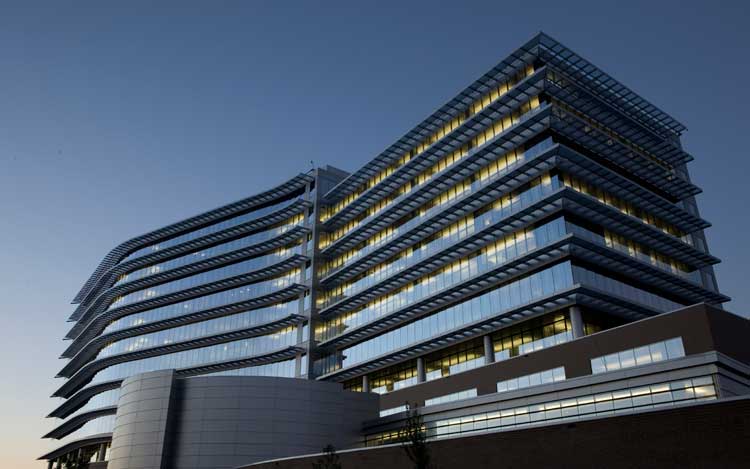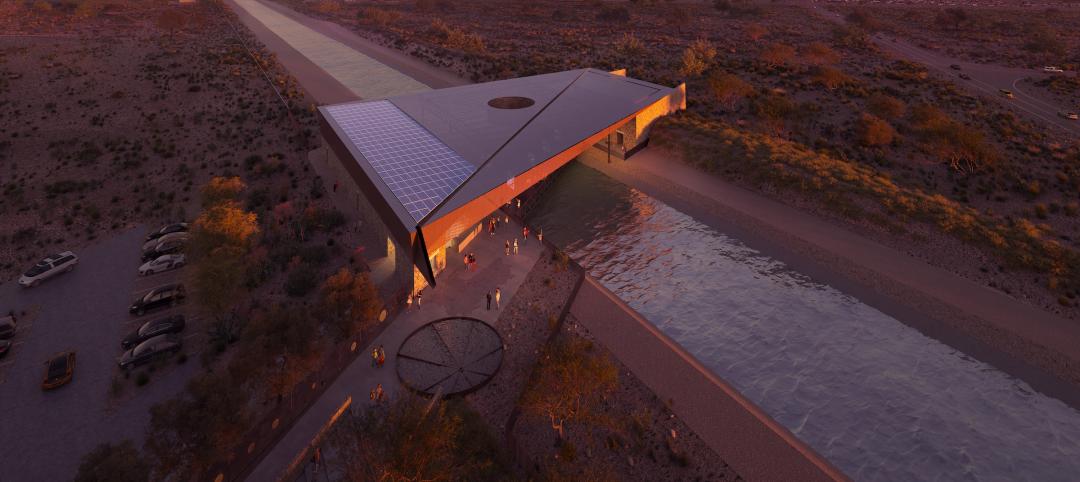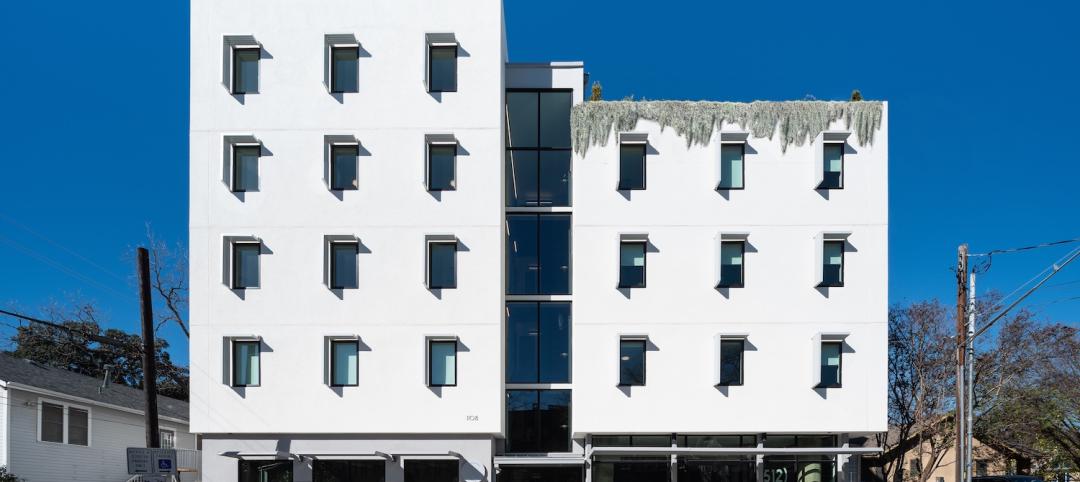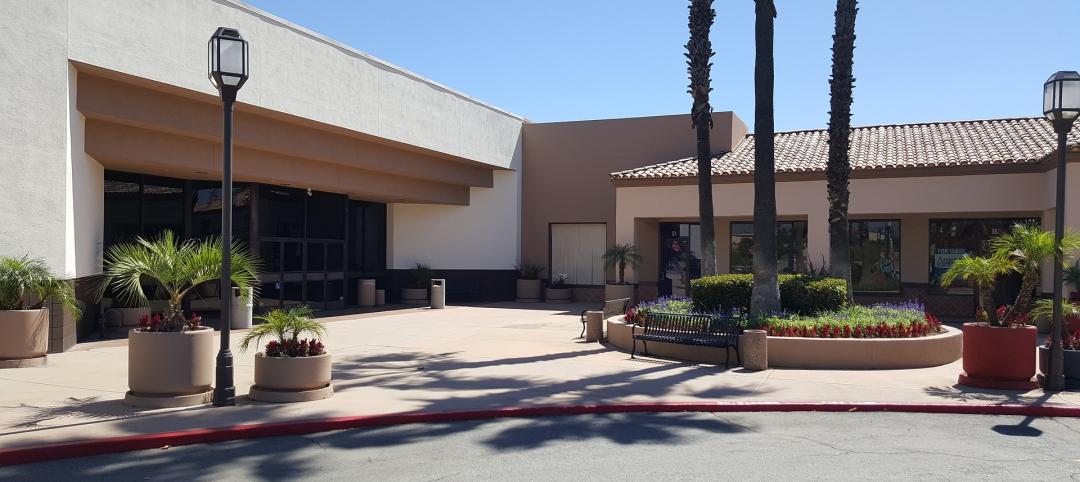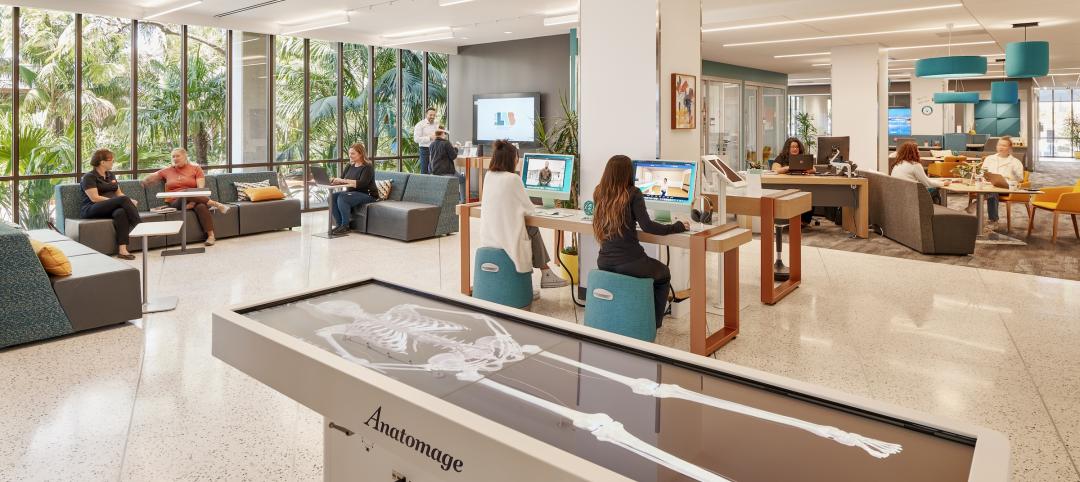CBRE Group announced today five recipient institutions in its Real Green Research Challenge (RGRC). Launched in September 2012, the RGRC is CBRE’s $1 million commitment to fund leading-edge sustainability research and innovation in commercial real estate.
CBRE has awarded RGRC funding and organizational support to sustainability projects developed by the Natural Resources Defense Council, Stanford University, EURO Institute of Real Estate Management, Cleveland State University and Central Michigan University, and Maastricht University.
“Growing market awareness of commercial buildings’ environmental impact is inspiring innovation in sustainability research,” said Bob Sulentic, CBRE’s President and CEO. “The Real Green Research Challenge advances this research by providing financial resources as well as access to CBRE’s market-leading global market data and technical expertise to help address some of the most challenging sustainability issues facing commercial real estate owners, investors and occupiers.”
After an evaluation of more than 100 submissions by an independent judging panel, CBRE has chosen five projects to receive RGRC financial awards:
- a rating system for comparative tenant energy use that provides a quantitative foundation for identifying and promoting energy efficient practices (Natural Resources Defense Council’s Center for Market Innovation);
- a detailed empirical evaluation of EPA ENERGY STAR® energy management strategies allowing facilities and property managers to prioritize energy efficiency projects (Stanford University, Center for Integrated Facility Engineering);
- a comprehensive economic analysis of the value implications of green building practices on large institutional real estate portfolios (EURO Institute of Real Estate Management);
- a new industry-wide, regionally sensitive, green building scoring protocol system to inform U.S. office tenants’ leasing decisions and developers’ sustainable building choices (Cleveland State University and Central Michigan University); and
- a quarterly green building index of the top 30 U.S. metro markets, yielding insights for policy makers, developers and other stakeholders and supporting lenders’ risk management analysis and investors' decisions (Maastricht University).
“The projects supported through the Real Green Research Challenge will add significant knowledge to some of the key sustainability issues in commercial real estate, such as the relative value of sustainable buildings, the most effective energy efficiency initiatives and the location of green building market growth,” said Dave Pogue, CBRE’s Global Director of Corporate Responsibility. “These and other issues are the focus of the projects CBRE is funding, and the answers could have a profound effect on how buildings are leased, occupied and improved in the future.“
CBRE’s Environmental Sustainability program includes global commitments in 11 key areas of environmentally sound performance, including resource management, occupancy, communications and training, public policy and procurement. The program provides best practices and initiatives that strengthen CBRE’s own environmental commitment, reflect the best environmental practices in our clients’ properties, and provide vital training and education to CBRE professionals.
For more information about the RGRC, please visit www.cbre.com/rgrc.
About CBRE Group, Inc.
CBRE Group, Inc. (CBG), a Fortune 500 and S&P 500 company headquartered in Los Angeles, is the world’s largest commercial real estate services and investment firm (in terms of 2012 revenue). The Company has approximately 37,000 employees (excluding affiliates), and serves real estate owners, investors and occupiers through more than 300 offices (excluding affiliates) worldwide. CBRE offers strategic advice and execution for property sales and leasing; corporate services; property, facilities and project management; mortgage banking; appraisal and valuation; development services; investment management; and research and consulting. Please visit our website at www.cbre.com.
Related Stories
Cultural Facilities | Nov 21, 2023
Arizona’s Water Education Center will teach visitors about water conservation and reuse strategies
Phoenix-based architecture firm Jones Studio will design the Water Education Center for Central Arizona Project (CAP)—a 336-mile aqueduct system that delivers Colorado River water to almost 6 million people, more than 80% of the state’s population. The Center will allow the public to explore CAP’s history, operations, and impact on Arizona.
MFPRO+ New Projects | Nov 21, 2023
An 'eco-obsessed' multifamily housing project takes advantage of downtown Austin’s small lots
In downtown Austin, Tex., architecture firm McKinney York says it built Capitol Quarters to be “eco-obsessed, not just eco-minded.” With airtight walls, better insulation, and super-efficient VRF (variable refrigerant flow) systems, Capitol Quarters uses 30% less energy than other living spaces in Austin, according to a statement from McKinney York.
MFPRO+ News | Nov 21, 2023
California building electrification laws could prompt more evictions and rent increases
California laws requiring apartment owners to ditch appliances that use fossil fuels could prompt more evictions and rent increases in the state, according to a report from the nonprofit Strategic Actions for a Just Economy. The law could spur more evictions if landlords undertake major renovations to comply with the electrification rule.
Codes and Standards | Nov 21, 2023
Austin becomes largest U.S. city to waive minimum parking requirements
Austin, Texas recently became the largest city in the United States to stop requiring new developments to set a minimum amount of parking. The Austin City Council voted 8-2 earlier this month to eliminate parking requirements in an effort to fight climate change and spur more housing construction as Texas’s capitol grapples with a housing affordability crisis.
MFPRO+ News | Nov 21, 2023
Underused strip malls offer great potential for conversions to residential use
Replacing moribund strip malls with multifamily housing could make a notable dent in the housing shortage and revitalize under-used properties across the country, according to a report from housing nonprofit Enterprise Community Partners.
Giants 400 | Nov 16, 2023
Top 100 Science + Technology Facility Architecture Firms for 2023
Gensler, HDR, Page Southerland Page, Flad Architects, and DGA top BD+C's ranking of the nation's largest science and technology (S+T) facility architecture and architecture/engineering (AE) firms for 2023, as reported in Building Design+Construction's 2023 Giants 400 Report. Note: This ranking factors revenue from all science and technology (S+T) buildings work, including laboratories, research buildings, technology/innovation buildings, pharmaceutical production facilities, and semiconductor production facilities.
Resiliency | Nov 16, 2023
How inclusive design supports resilience and climate preparedness
Gail Napell, AIA, LEED AP BD+C, shares five tips and examples of inclusive design across a variety of building sectors.
Retail Centers | Nov 15, 2023
Should retail developers avoid high crime areas?
For retailers resolute to operating in high crime areas, design elements exist to mitigate losses and potentially deter criminal behavior.
MFPRO+ News | Nov 15, 2023
Average U.S multifamily rents drop $3 to $1,718 in October 2023: Yardi Matrix
Multifamily fundamentals continued to soften and impact rents last month, according to the latest Yardi Matrix National Multifamily Report. The average U.S. asking rent dropped $3 to $1,718 in October, with year-over-year growth moderating to 0.4%, down 40 basis points from September. Occupancy slid to 94.9%, marking the first decline in four months.
MFPRO+ Special Reports | Nov 14, 2023
Register today! Key trends in the multifamily housing market for 2024 - BD+C Live Webinar
Join the BD+C and Multifamily Pro+ editorial team for this live webinar on key trends and innovations in the $110 billion U.S. multifamily housing market. A trio of multifamily design and construction experts will present their latest projects, trends, innovations, and data/research on the three primary multifamily sub-sectors: rental housing, senior living, and student housing.


